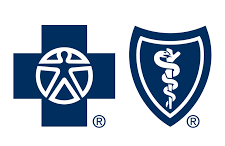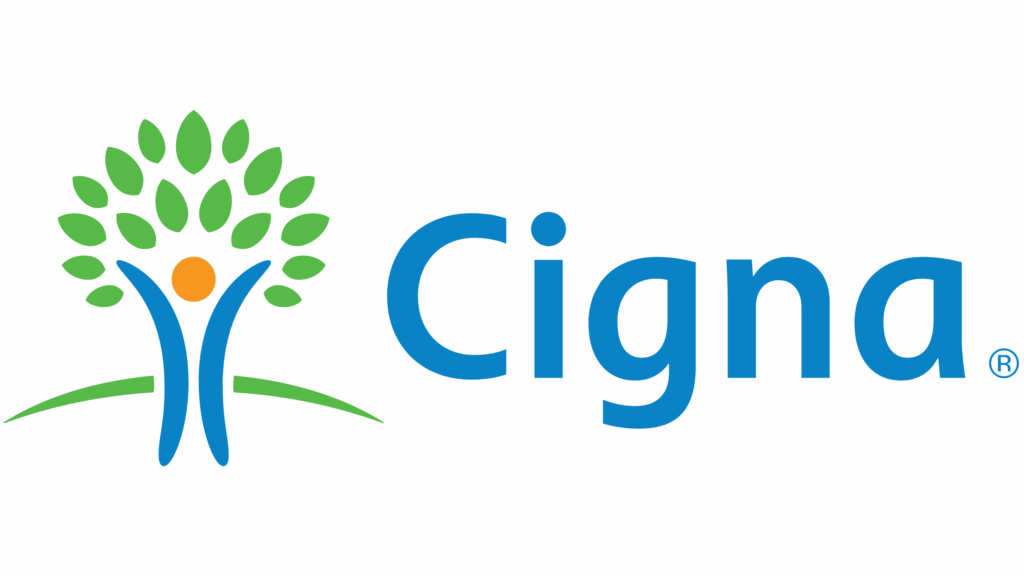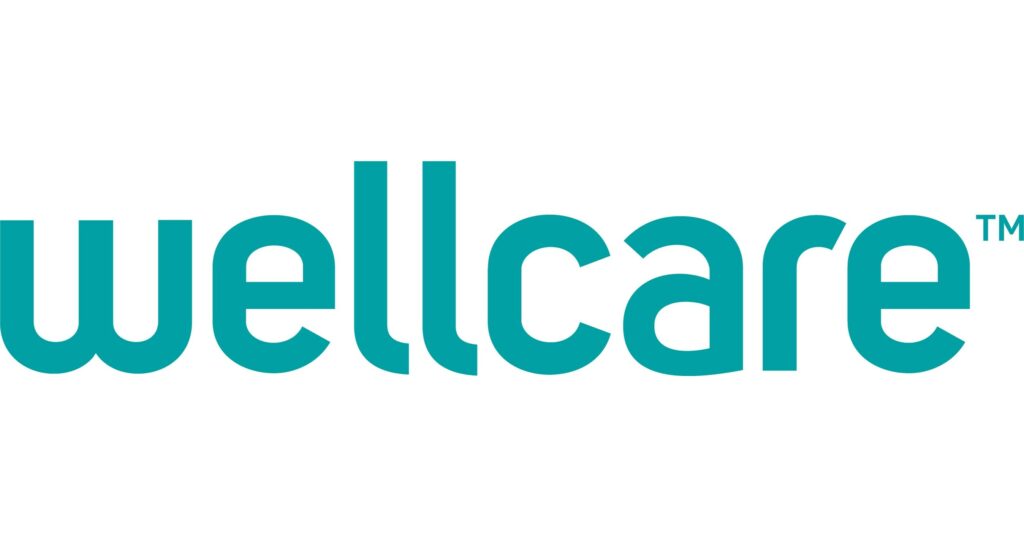Strep Throat
- Skip The Waiting Room
- No Exposure To Other Sick Patients
- No Patient Travel Is Required

Treatment for Strep Throat
Strep throat can be painful and uncomfortable, but with the right in-home care, you can alleviate symptoms and speed up recovery. Here’s a complete guide to managing strep throat at home, including when to seek medical attention.
Common Symptoms of Strep Throat
Knowing the symptoms of strep throat can help you identify the condition early. Look out for:
- Sudden and severe sore throat
- Pain when swallowing
- High fever (over 101°F)
- Swollen, tender lymph nodes in the neck
- Red and swollen tonsils, sometimes with white patches
- Headache
Consider the following home remedies and treatments if you or a loved one experience these symptoms.
Effective Home Remedies
These remedies can help soothe your throat and manage symptoms:
1. Gargle with Warm Salt Water
Gargling with warm salt water can reduce throat inflammation and ease soreness. Mix 1/2 teaspoon of salt in warm water and gargle for 30 seconds.
2. Stay Hydrated
Drink plenty of water, warm tea, or soup to soothe your throat and prevent dehydration. Staying hydrated helps your body fight the infection more effectively.
3. Get Plenty of Rest
Rest is crucial for recovery. Ensure you get enough sleep to help your body combat the infection and reduce overall fatigue.
4. Use Over-the-Counter Pain Relievers
Over-the-counter pain relievers like acetaminophen or ibuprofen can help manage fever and throat pain. Always follow the recommended dosage and consult with a healthcare provider if needed.
5. Maintain Good Oral Hygiene
Regularly brush your teeth and use mouthwash to prevent the spread of bacteria. Good oral hygiene can help keep your throat clean and reduce the risk of further infection.
6. Use a Humidifier
Using a humidifier in your bedroom can add moisture to the air, easing throat discomfort and congestion.
7. Avoid Irritants
Stay away from smoking, secondhand smoke, and strong chemical fumes, as they can irritate your throat and worsen symptoms.
Medical Guidelines and Advice
While home remedies can alleviate symptoms, it’s essential to follow medical advice for proper treatment:
Consult a Healthcare Professional
If you suspect you have strep throat, consult a healthcare professional for a proper diagnosis and treatment plan. Strep throat is commonly treated with antibiotics, which should only be taken as prescribed and for the full treatment.
Monitor Symptoms
If symptoms worsen, persist for more than 48 hours, or are accompanied by difficulty breathing a rash, or severe throat pain, contact a healthcare provider immediately.
Prevent Spread of Infection
In cases of confirmed bacterial infection, avoid close contact with others to prevent the spread. Stay home from work or school until at least 24 hours after starting antibiotics and practice good respiratory hygiene, such as covering your mouth and nose when coughing or sneezing.
Complete Antibiotic Course
Ensure you complete the entire prescription of antibiotics, even if you start feeling better, to prevent the recurrence of the infection or the development of antibiotic-resistant bacteria.
When to Seek Medical Attention
While home treatment can be effective, there are times when you need to seek medical attention. Call a healthcare professional if:
- Symptoms worsen or do not improve after 48 hours.
- You experience difficulty breathing, a rash, or severe throat pain.
- You have repeated episodes of strep throat.
- You develop new symptoms or complications.
What Happens if Left Untreated?
If strep throat is left untreated, it can lead to serious complications such as:
- Rheumatic fever
- Kidney inflammation
- Abscesses around the tonsils
- Spread of infection to other parts of the body
Timely treatment is crucial to avoid these risks and ensure a smooth recovery.
Contact Us Today
By following these in-home treatment steps and knowing when to seek medical attention, you can effectively manage strep throat and reduce symptoms. Remember, proper diagnosis and following medical advice are key to a swift recovery.
For personalized advice and a comprehensive treatment plan, don’t hesitate to contact Urgent Care on The Go. Stay healthy and take care!










